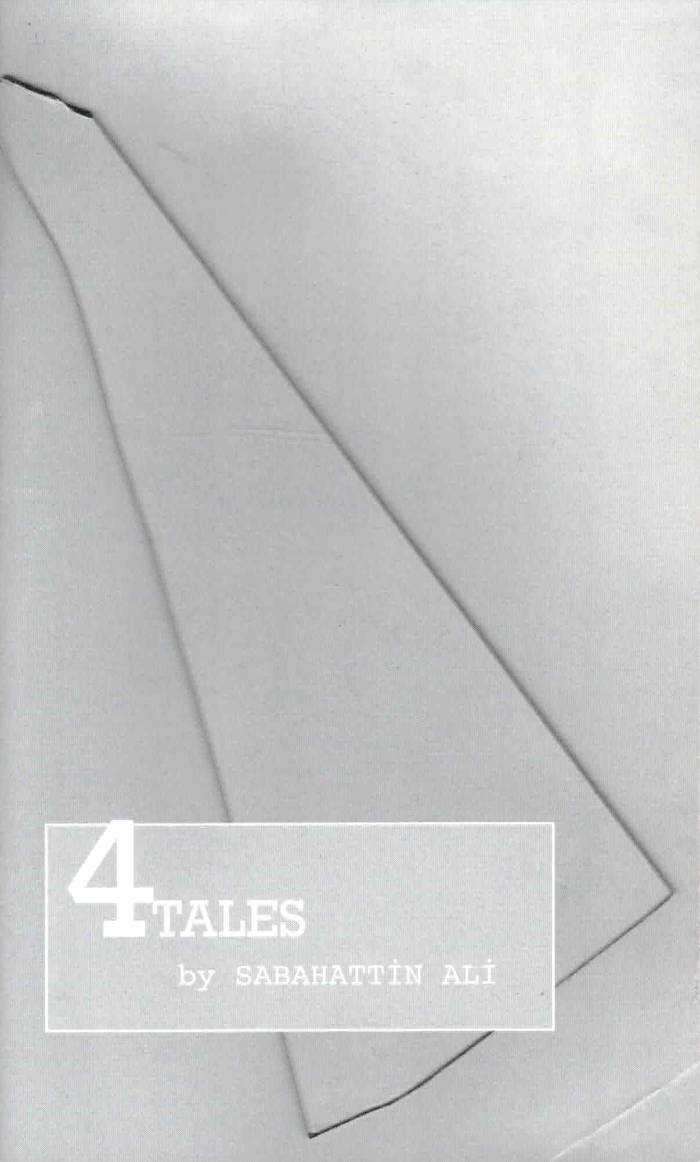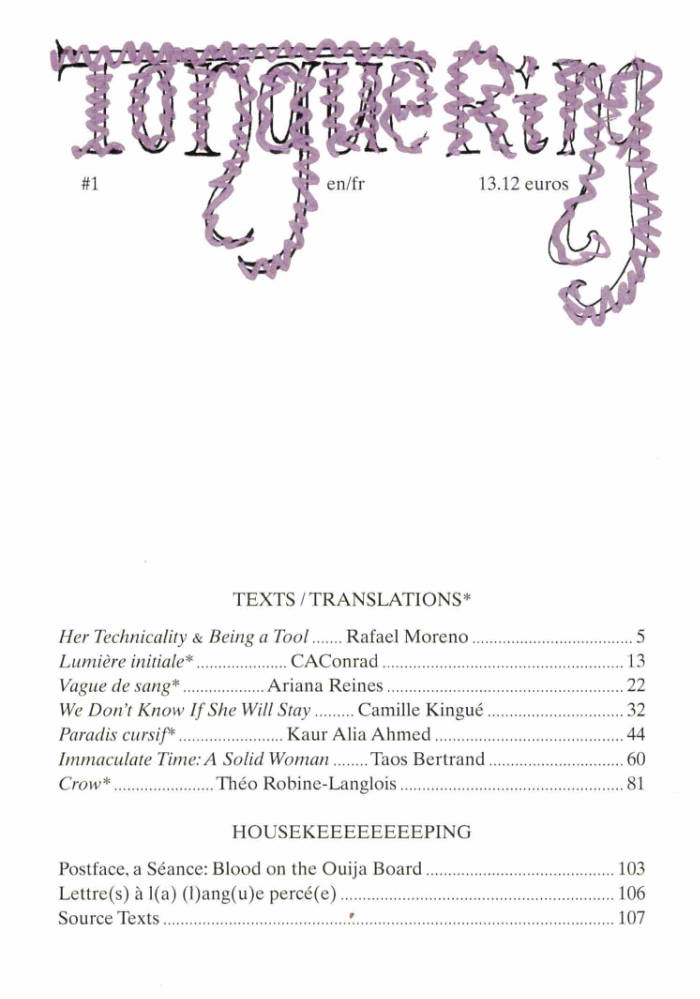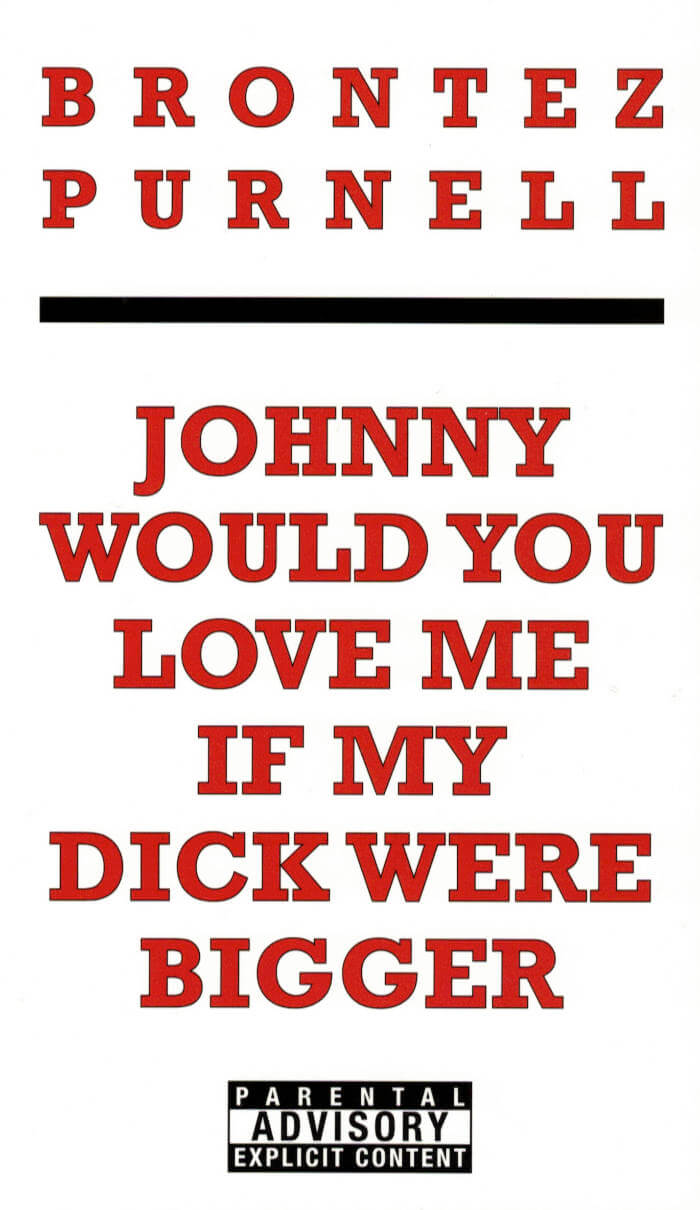
100 Boyfriends (UK edition)
Transgressive, foulmouthed, and wildly funny, Brontez Purnell's 100 Boyfriends is a filthy, unforgettable, and brutally profound ode to queer love in its most messy of variations. From one-night stands to recurring lovers, Purnell's characters sleep with their co-worker's husbands, expose themselves to racist neighbours, date Satanists, and drink their way out of trouble, all the while fighting - and often losing - the urge to self-sabotage.
A horny, punk love song full of imperfect intimacies, 100 Boyfriends takes readers on a riotous journey through dirty warehouses and gentrified bars, from dysfunctional houseshares to desolate farming towns in Alabama. Drawing us into a community of glorious misfits living on the margins of a white supremacist, heteronormative society, iconoclastic storyteller Brontez Purnell gives us an uncompromising vision of desire, desperation, race, loneliness, and queerness that will devastate as much as it entertains.
Language: English



